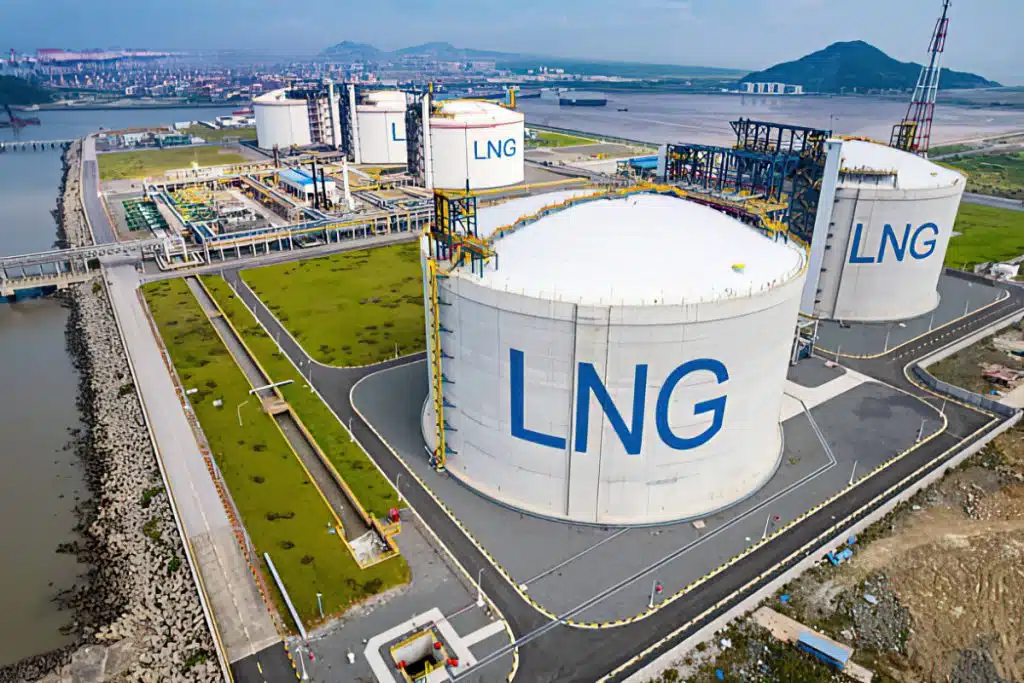The North African nations of Egypt and Algeria recorded the largest declines in liquefied natural gas (LNG) exports in 2024, according to the latest report from the International Gas Union (IGU).
The 2025 World LNG Report revealed that Egypt saw a sharp drop of 2.79 million tonnes in LNG exports, primarily due to increasing domestic demand and falling gas supply.
Algeria, meanwhile, experienced a reduction of 1.44 million tonnes, bringing its total to 11.59 million tonnes — a decline largely attributed to ongoing maintenance activities at the time.
This marks the second consecutive year of falling LNG exports for Egypt. In 2023, the country reported a record export drop of 3.41 million tonnes.
Once a major LNG exporter, Egypt now faces declining production, with output falling to 4.2 billion cubic feet per day — well below the 6.2 billion cubic feet required to meet domestic demand.
The combined decrease from Egypt and Algeria is cited by the IGU report as the primary driver behind Africa’s overall drop in LNG exports in 2024.
The continent’s exports fell by 2.31 million tonnes, totaling 37.98 million tonnes for the year, despite global LNG exports growing by 2.4% to reach 411.24 million tonnes.
However, the report noted a shift in Africa’s LNG trade patterns, with exports to Asia increasing.
Shipments to the continent rose by 3.02 million tonnes, including 2.16 million tonnes directed to the Asia Pacific region.
This suggests a rising demand for African LNG in Asian markets, potentially helping to offset reduced shipments to Europe.
New exports emerging from Africa
The report also highlighted the entry of a new African exporter into the global LNG market.
In 2024, the Republic of Congo joined the ranks with the launch of the Congo Marine XII Floating LNG (FLNG) project.
Senegal and Mauritania later joined earlier this year.
Africa is also expanding its LNG infrastructure.
As of February 2024, 4.2 million tonnes per annum (MTPA) of floating and offshore LNG terminals were under construction across the continent.
Globally, the largest increases in LNG exports were recorded in the United States, Australia, Russia, Indonesia, Trinidad and Tobago, and Malaysia.
Among African nations, Nigeria led export growth, adding an additional 820,000 tonnes in 2024.
Other key contributors included Equatorial Guinea, Congo, Cameroon, Mozambique, Angola, and Algeria.
Meanwhile, Africa’s LNG exports to Europe fell significantly — down by 21.22 million tonnes — due to high inventory levels at the start of the year and steady pipeline gas flows into the region.
Despite these challenges, the IGU report concluded that Africa is making steady progress in diversifying its LNG export markets and strengthening its position in the global LNG industry.








